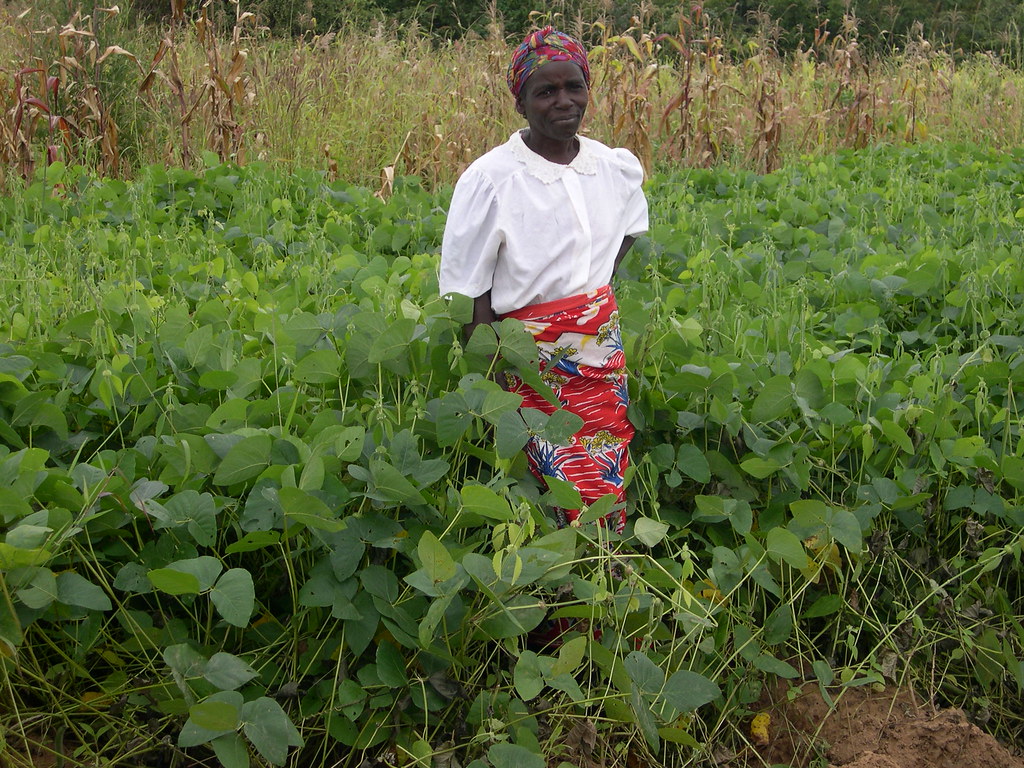
According to the United Nations, the world population reached 7 billion today. Ok, maybe it’s really tomorrow or the next day, maybe it was yesterday. The exact date is somewhat beside the point. The point is 7 billion. Maybe the child is a girl-child named Danica May Camacho, born today in the Philippines. Maybe the child is a girl-child named Nargis Kumar, born in India. The exact child is also somewhat beside the point, although the choice of gender for symbols is telling.
Seven billion is a big number, difficult to visualize. Of course, two centuries ago, when the population was a `mere’ 1 billion, that also was a big number, difficult to visualize. In 1930, when the population reached 2 billion, in 1960 when it reached 3 billion, in 1975 when it reached 4 billion, in 1987 when it reached 5 billion, in 1999 when it reached 6 billion, each time the number was a big number, difficult to visualize. That means in less than 40 years, the world population had doubled. Clearly, `we’ are not very good at numbers.
Some will tell you this is largely a story of India and China. Others will note that, of the continents, Africa has the fastest population growth. Of course, the whole of Africa has fewer people than either China or India, but it’s growing. Others will talk about inequality and resources. Geographic inequalities between people born, raised, living in different parts of the world. Inequalities between and among generations, between and among genders as well.
These are important issues to discuss. So is this. Who cares and who will care for the billions? Already, we know that the world population is growing older … quickly. Every state in the United States, has prepared a program to “Ride the Age Wave,” mostly by coining groaningly clever phrases and quandaries, such as “The Age Wave: Silver Tsunami or Golden Wave of Opportunity?”
Who will care for the growing global population of elders, the growing scattered populations of children, the growing population? Care workers. Child care providers. Elder care providers. Nannies. Maids. Housekeepers. Family members, more often than not unpaid. Women. Women of color. Women from “somewhere else.” And girls. Women and girls. Women and girls who are too often described as silent. Women and girls who are too often described as invisible. They aren’t silent, and they aren’t invisible. We’re simply not listening or seeing.
Care work is systematically dropped out of development programs and public policy debates. Care workers are systematically excluded from any consideration or consultation concerning … care. The ILO Convention Concerning Decent Work for Domestic Workers is a step towards correcting that situation. So are campaigns like the Caring Across Generations Campaign, launched by the National Domestic Workers Alliance and their allies, in the United States.
Another step would be global conversation. Try it. The next time someone says or writes, “The world population is …”, answer with a question. “Who cares?” And then, together, answer the question.
(Infographic Credit: NPR / UN Population Division)

